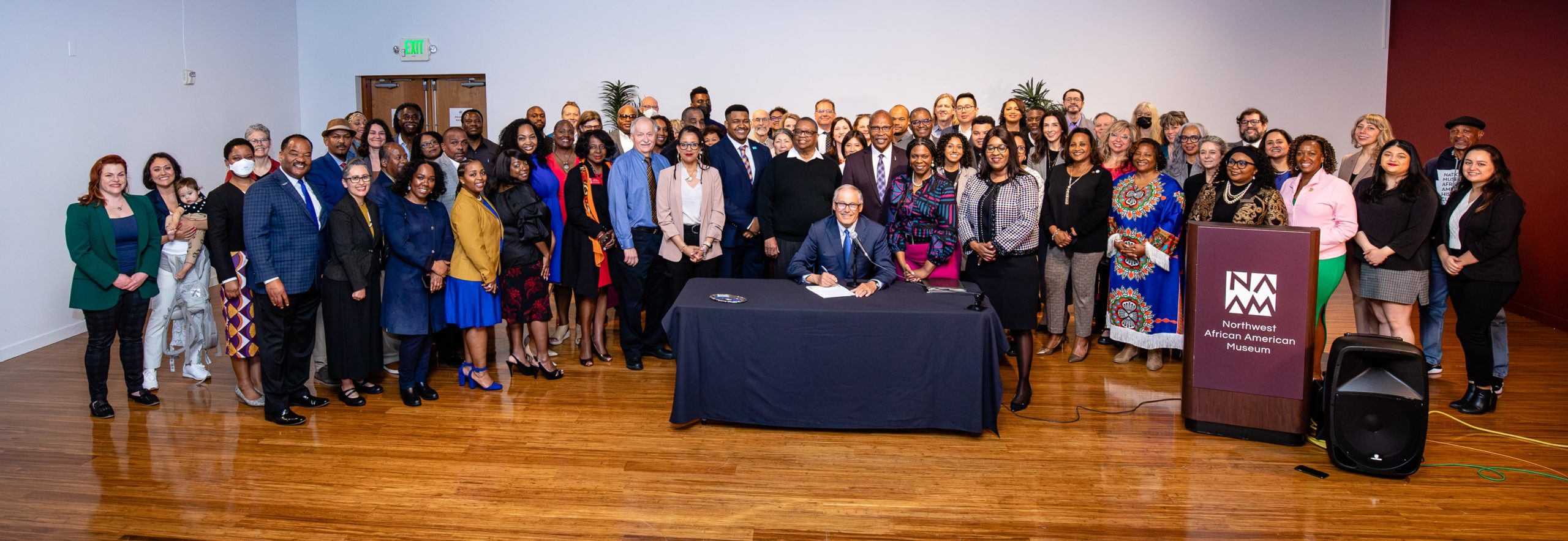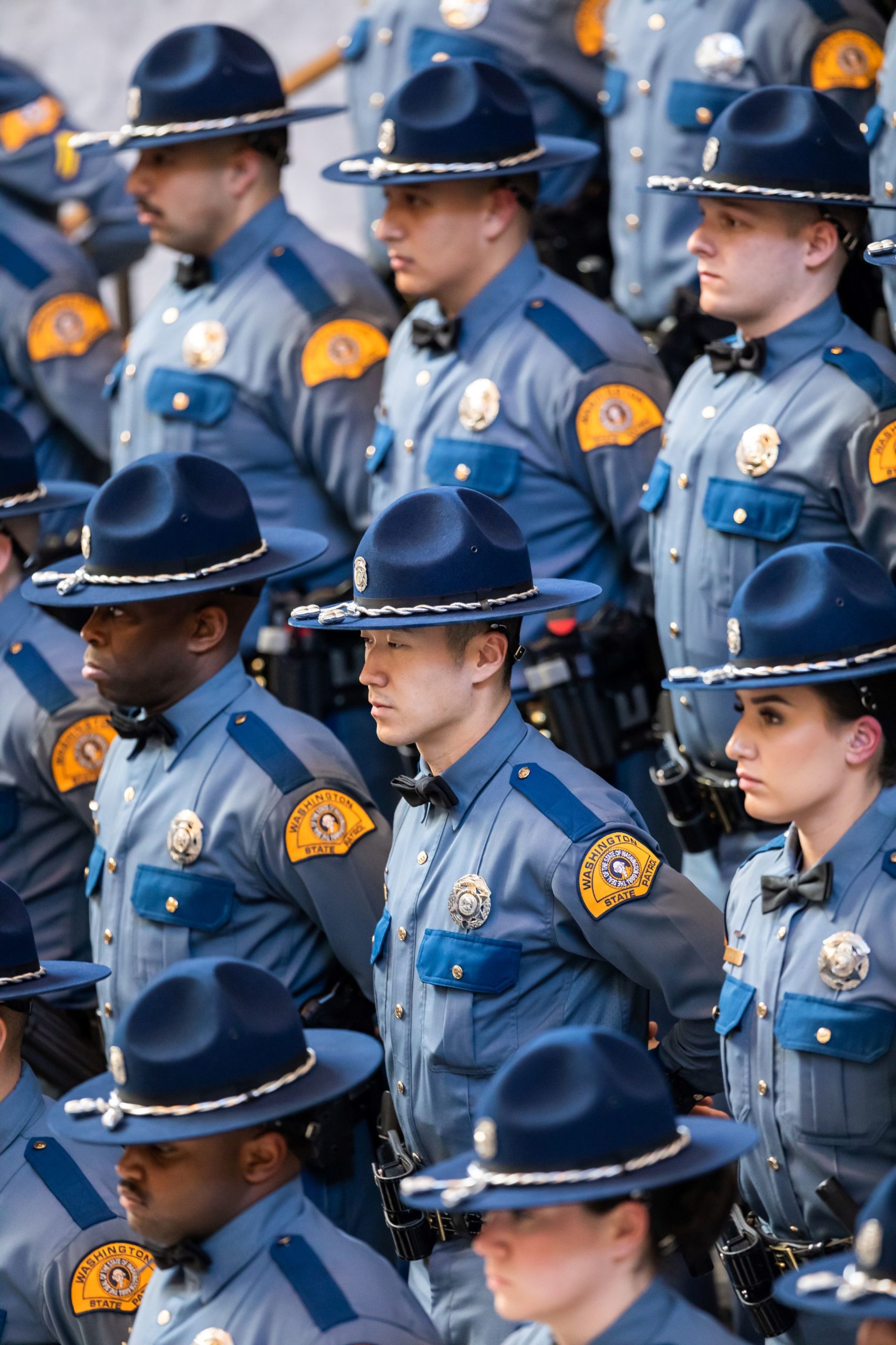Dear friends and neighbors,
In my last full e-newsletter I said it would take more than one email to cover all the work we did this session. Over the next couple months, I’ll be going issue-by-issue to provide updates on what we accomplished. We’re starting today with housing, behavioral health, and community safety.
I’ve heard from many of you on these topics, whether it’s concerns about housing affordability, questions about law enforcement recruitment, retention, and oversight, or how we can do more to help people in need.
I’m proud of what we were able to accomplish in all three of these areas, and excited to share these wins with you. Please let me know if there are other topics you would like me to cover.

Right now our statewide housing supply is short between 150,000 to 250,000 units. On top of that, we need to build one million homes in the next 20 years to meet our projected needs. This year we focused on building our housing supply, increasing housing stability, and ensuring there is support to help get and keep people housed.
This included big budget investments in our operating budget and capital construction budget. Our operating budget invests $519 million in housing, including:
- $141 million in continued funding for emergency housing and rental assistance
- $60 million in additional funds for encampment response and outreach
- $30 million to expand funding for children and youth homelessness
- $27 million in increased funding for Housing and Essential Needs
Our capital construction budget investments include:
- $400 million for the Housing Trust Fund, a competitive grant program to build affordable housing
- $170 million for affordable housing and shelters, including $14.5 million for youth shelter and housing projects and $50 million for transit-oriented development
- $124 million for home upgrades, including $35 million for weatherization in low-income households and $83 million for home energy efficiency rebates
We passed legislation to expand middle housing options in cities across our state, with a focus on expansion in areas near major transit stops. We need more of all kinds of housing, and this legislation helps make that possible. We also ensured that property owners who want to build an ADU will face less regulatory barriers.
We know that our real estate industry has a well-documented history of racism. This year we’re beginning to right that wrong with the Covenant Homeownership Act, which will provide down payment and closing cost assistance for people that have historically faced housing discrimination.

We’re also protecting renters from unfair deposit practices. A rental deposit should be just that, not a fee. When you’ve taken good care of a rental and leave only normal wear and tear, you should be able to get most of your deposit back.


I’ve heard from many of you with different concerns about community safety. Concerns about gun violence prevention, about giving our law enforcement the tools they need to keep us safe, about what oversight there is for law enforcement officers that go too far, and what we’re doing to protect and support victims throughout our justice system.
Gun violence is preventable. During the 10-year period when the federal assault weapons ban was in effect, mass shooting fatalities were 70% less likely to occur. We heard on the House floor about some of the devastating losses people across the state have experienced in shootings where an assault weapon was used. That’s why this session we passed a ban on assault weapons.
We also passed legislation to require safety training and waiting periods to purchase firearms. Ensuring people know how to safely use, handle, and store firearms will save lives, as will a waiting period that gives people experiencing a crisis critical time to access help. Part of ending gun violence is also holding manufacturers and retailers accountable. We passed legislation requiring them to take reasonable steps to enforce existing laws, track their inventory, and prevent straw sales.
We also passed bills to support survivors of sexual assault by promoting victim-centered, trauma-informed responses in our legal system. Additionally, we improved protections for people experiencing domestic violence, ensuring the system works to keep them safe and that law enforcement and judicial officers have the training they need.
Private detention facilities in Washington should have to meet the same health and safety standards as public facilities, which is why we passed legislation to protect basic human rights for people in detention. We also know that family support and reentry services are critical to help people reentering society after detention, which is why we passed legislation to ensure that people who are incarcerated don’t have to pay to see their family. We also passed legislation to ensure that everyone reentering society has a plan and access to resources.
We also made adjustments to our vehicular pursuit law to ensure that police are able to pursue dangerous subjects, and to allow each community to set pursuit policies that work for them.
This legislation goes hand-in-hand with the investments we made in our operating budget. We allocated $253 million for public safety, legal aid, and corrections, including:
- $62 million to expand domestic violence services
- $52 million for the Office of Public Defense and the Office of Civil Legal Aid
- $27 million to expand criminal justice training and certification
- $12 million to expand firearm violence prevention grant funding
- $7 million to increase wages and gratuities for people who are incarcerated, currently people who are incarcerated only make up to $2.70 an hour

In my Sine Die newsletter at the end of April I mentioned that we were still working on a fix for the Blake decision in Washington state. I’m proud to say that in a quick, one-day special session last week we passed an agreement with strong bipartisan support.
Some background: In 2021, the Washington State Supreme Court found our law on drug possession unconstitutional. In response to that decision, we passed legislation building a new system focused on access to treatment and recovery but gave it a sunset so we could fine-tune the details as we saw the system in action. This compromise is a big deal, setting up systems for outreach, treatment, diversion, and recovery while still ensuring accountability. You can learn more about the bill here.
While Blake was one of our biggest priorities this year, we did lots of other work on behavioral health. We implemented a 988 behavioral health crisis response and suicide prevention system to ensure that people in crisis can connect with the resources they need. We also expanded access to certified peer specialists, people with lived experience that can help those in crisis.
We also acted on the youth mental health crisis, creating a new care coordinator to provide support for children living in hospitals for extended periods and their families. This coordinator will help provide individualized support and pull resources from multiple state agencies to help get kids into appropriate care as soon as possible.
Last year we leveraged federal funds to invest heavily in behavioral health in our operating budget; this year we built on those investments with:
- $271 million to increase rates for behavioral health providers
- $123 million for additional community bed capacity
- $115 million to expand opioid and other substance use disorder prevention and treatment
- $69 million to fund 988 crisis response and IT initiatives
- $55 million for crisis, outreach, and diversion programs
- $29 million to fund youth behavioral health
